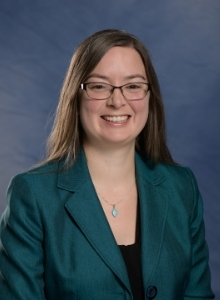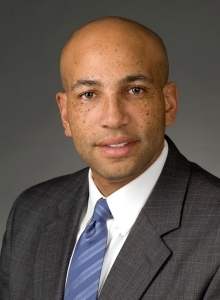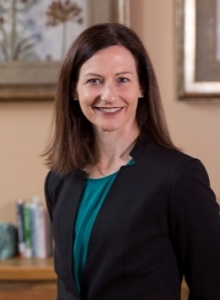Toward an Inclusive Recovery
Improving Labor Force Attachment and Financial Security Among Low-income and Marginalized Workers
A Federal Reserve Community Development Research Seminar
presented by the Federal Reserve Board of Governors
Millions of people experienced unemployment and other labor disruptions as a result of the COVID-19 pandemic. As people return to work and our economy begins to expand, the community development field—including the financial, government, philanthropic, and nonprofit sectors—has an opportunity to collectively advance policies and actions that support an inclusive and equitable recovery.
On August 3, 2021, the Federal Reserve Board of Governors presented a research seminar focused on issues related to the employment experiences of low-income workers during the pandemic and how to improve the financial security of these workers. Download the presentation slides to learn about the challenges workers face and how the community development field can play a role improving the financial security of our workforce.
WATCH ON DEMAND
Featured speakers
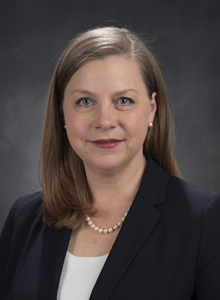
Gov. Michelle Bowman
Federal Reserve Board of Governors
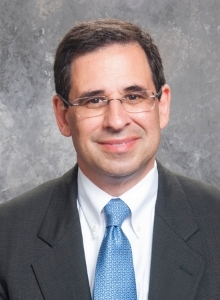
Eric Belsky
Federal Reserve Board of Governors

Matuschka Lindo Briggs
Moderator Federal Reserve Bank of St. Louis
Panel speakers
Agenda
2:00-2:15 pm ET
Welcome and introductory remarks
Eric Belsky, Federal Reserve Board of Governors
Governor Michelle W. Bowman, Federal Reserve Board of Governors pre-recorded
2:15-3:30 pm ET
Panel 1: Labor Force Attachment
Labor markets during the COVID pandemic
Eliza Forsythe, Assistant Professor at the School of Labor & Employment Relations and Department of Economics, University of Illinois, Urbana-Champaign
Lessons from the UK and Germany
Christopher Rauh, University Lecturer, University of Cambridge; Fellow at Trinity College Cambridge
Unemployment insurance policies
Robert Valletta, Senior Vice President and Associate Director of Research, Federal Reserve Bank of San Francisco
Reflect on comments
Todd Greene, Institute Fellow, Urban Institute; Executive Director, WorkRise
30-minute moderated Q&A
3:30-3:40 pm ET
Break
3:40-4:55 pm ET
Panel 2: Financial Security
Challenges from income volatility among low-wage workers
Jonathan Morduch, Professor of Public Policy and Economics, Wagner Graduate School of Public Service, New York University; Executive Director, Financial Access Initiative
Proposals for direct income supports
Marianne Bitler, Professor of Economics, University of California, Davis
Minimum wage policies
Claire Montialoux, Assistant Professor, Goldman School of Public Policy, University of California, Berkeley
Reflect on comments
Angela Rachidi, Senior Fellow and Rowe Scholar, American Enterprise Institute
30-minute moderated Q&A
4:55-5:00 pm ET
Closing
Matuschka Lindo Briggs, Federal Reserve Bank of St. Louis

About the seminar series
This seminar is part of the Federal Reserve Community Development Research Seminar Series, a forum for exploring the intersection of research, policy, and practice in the community development field. The Series expands access to high-quality research that informs stakeholders who are working to support low- and moderate-income communities and communities of color.






